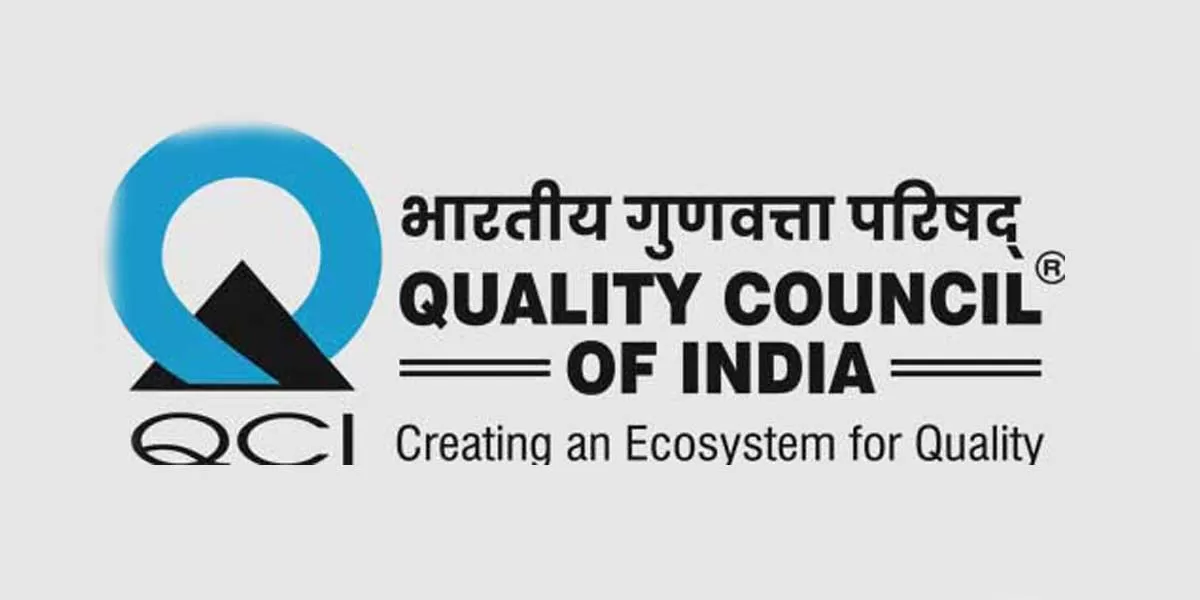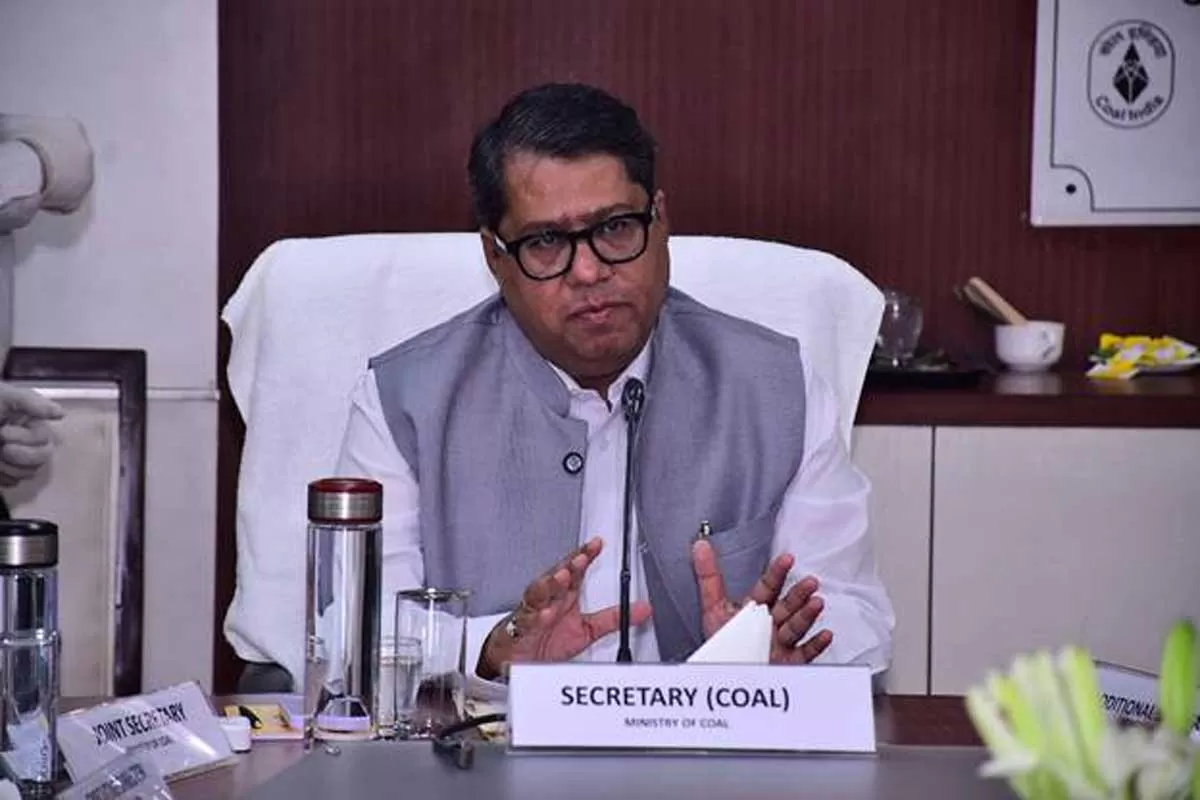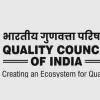
Centre May Target Rs Two Trillion Asset Monetisation in FY 2025–26

QCI Marks Panchayati Raj Diwas with Focus on Grassroots Leadership
The Quality Council of India (QCI), in collaboration with the Ministry of Jal Shakti, celebrated Panchayati Raj Diwas with a special programme themed ‘Leadership for Swachh & Sujal Grams’, emphasising the role of sarpanchs in transforming rural India.Organised under QCI’s Sarpanch Samvaad initiative, the event brought together over 200 sarpanchs, policymakers, experts, and senior officials from across the country. It served as a platform to showcase grassroots innovations, facilitate peer learning, and align panchayat-level efforts with the national vision of Viksit Bharat 2047.Union..

Ministry of Coal Pushes for Sustainable Coal Logistics via RSR Mode
In a move to enhance efficiency and sustainability in coal transportation, the Ministry of Coal hosted a stakeholder consultation on “Exploring the Opportunities for Sustainable Coal Transportation through the Rail-Sea-Rail (RSR) Mode” in New Delhi. The event brought together key players in the coal logistics chain to build consensus on advancing multimodal transport solutions.Secretary of the Ministry, Shri Vikram Dev Dutt, in his keynote address, described the RSR model as a cost-effective and eco-friendly alternative that aligns with India’s broader goals of energy security and logist..

Abb India’s Nelamangala Campus Achieves Mission to Zero™ Status
ABB India's campus in Nelamangala, Bangalore, has achieved Mission to Zero™ status, realising its goal to use 100% renewable electricity (RE100) and by using cutting-edge digital tools to improve on-site energy efficiency. Additionally, reducing its own Scope 1 & 2 emissions by 92%, the facility diverts more than 99% of its waste from landfills and recycles 88% of its water.ABB Nelamangala location, which delivers electrification motion, robotic and automation solutions for a variety of industries, is ABB’s second Mission to Zero™ site in India. Mission to Zero™ is part of ABB’s ..














